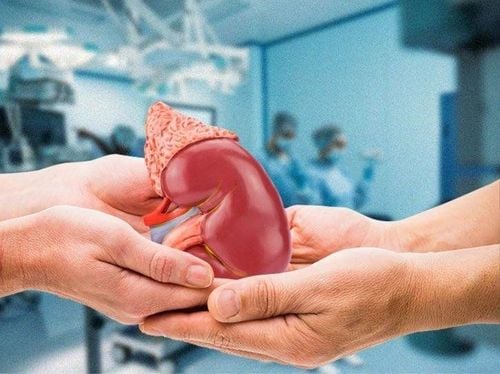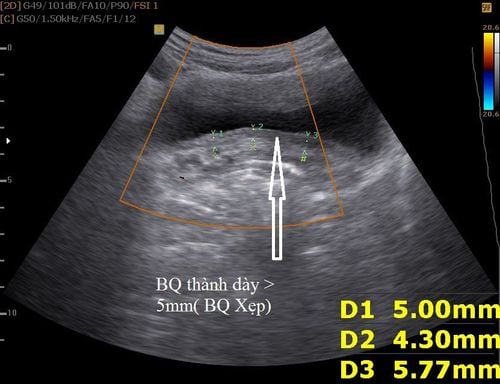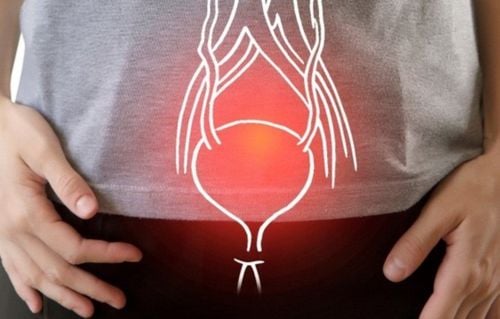Doctors recommend that we should empty our bladders regularly, about every three hours. However, we all know that there are situations where this is not always possible. Although delaying urination for one or two hours will not pose any threat to your health, holding urine for too long or developing an infrequent urination habit can harm your body. In such cases, your bladder may stretch to hold the urine. The question is, how long can you hold your urine?
1. How much urine can the bladder hold?
A healthy bladder can hold about 500-600 ml of urine, which is considered full and triggers the urge to urinate. The bladder is an elastic organ, and its volume is not constant. For men, urination is triggered when the bladder holds 200-300 ml, while for women it happens around 250-350 ml. However, depending on the person's size, the bladder can stretch to hold around 900 to 1500 ml. The body takes about 9 to 10 hours to produce 400-500 ml of urine. This is the safe time frame where holding urine will not harm your organs.
| Age | Average bladder size | Bladder filling time |
| Infants (0-12 months) | 30 – 60 ml | 1 hour |
| Toddlers (1-3 years) | 90 – 150 ml | 2 hours |
| Children (4-12 years) | 210 – 420 ml | 2 – 4 hours |
| Adults | 480 – 720 ml | 8 – 9 |
Your bladder is an organ that can stretch. The process of emptying the bladder involves coordination between the bladder muscles and the abdominal muscles. Two tubes, called ureters, carry urine from the kidneys to the bladder. When the bladder holds 500-700 ml of urine, it is considered full.
Research shows that the bladder has a direct communication pathway to the brain. The bladder contains sensory organs that alert the brain to the level of bladder distension.
Essentially, there is an invisible limit within your bladder. When your urine reaches that point, your brain receives a signal indicating the need to urinate. This occurs when the bladder is only about one-quarter full.
When you first feel the urge to urinate, your bladder still has plenty of time before it is completely full. As the bladder fills, the surrounding muscles contract to prevent urine from leaking out until you're ready to release it.
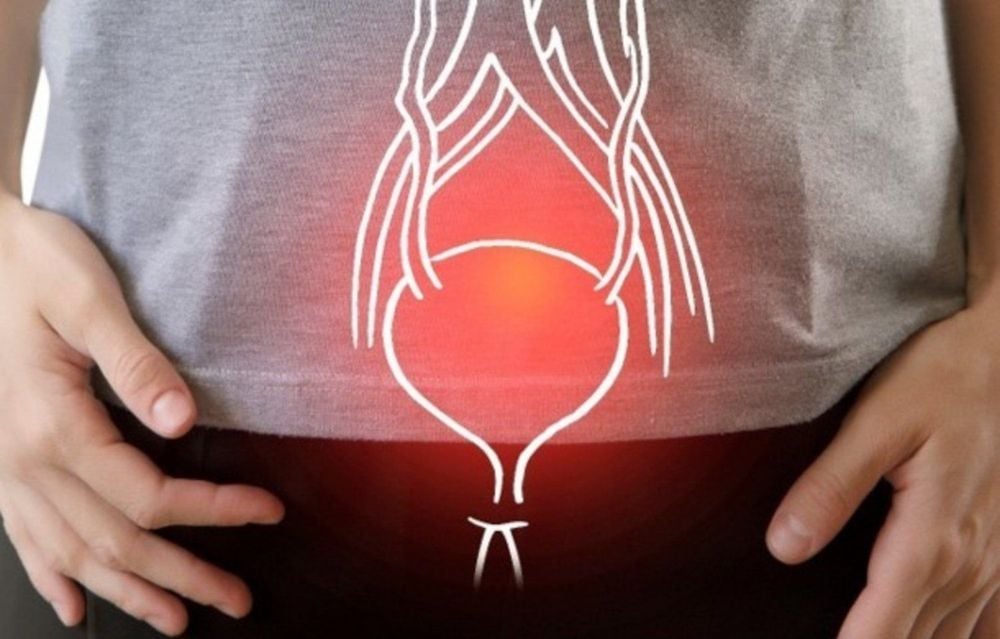
As mentioned earlier, it takes 8–9 hours for an adult’s bladder to fill, so this is a safe period during which you can hold urine in certain situations where you cannot urinate. This time frame may vary depending on your fluid intake, either by increasing or decreasing the amount of water consumed.
Complications and other health issues related to your bladder can lead to conditions such as urinary incontinence, overactive bladder, and urinary retention. These conditions are more common as you age, particularly after 50.
2. How often does a person usually urinate in a day?
Normal urination frequency varies from person to person. It also depends on the amount of fluid you drink each day.
Infants and children, with smaller bladder capacities, need to empty their bladder more frequently. Infants typically urinate six to eight times a day, but may urinate more. Toddlers may urinate more frequently, especially during potty training, sometimes more than 10 times a day.
For adults, urinating six to seven times a day is considered average. Urinating at least four times and up to 10 times still falls within the normal range.
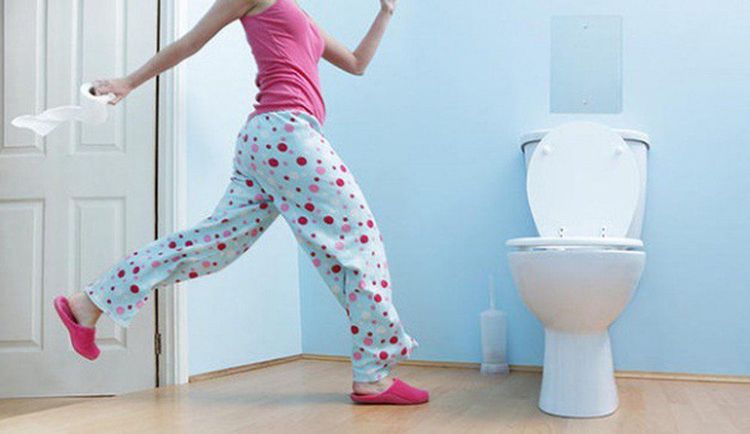
3. Medications and certain conditions can affect frequency
Certain medications, like diuretics for high blood pressure, can increase urination frequency. Medical conditions such as diabetes, pregnancy, and sickle cell anemia can also lead to more frequent urination.
3.1. Dehydration
If you don’t feel the need to urinate for a while, you may be dehydrated. Dehydration occurs when your body loses more fluids than it takes in. Symptoms of dehydration can include:
- Dizziness
- Frequent urination
- Dark yellow or brown urine
- Dry mouth
3.2. Issues that may affect urination ability
Sometimes you may feel the need to urinate, but you experience difficulty. Certain conditions can affect your ability to urinate. These include:
- Kidney failure
- Urinary tract infection (UTI)
- Enlarged prostate
- Bladder control issues, such as incontinence, overactive bladder, interstitial cystitis
- Obstructions that block bladder emptying (urinary retention)
If you have difficulty urinating, you should see a doctor. This is not a symptom you should try to live with. If your bladder function is impaired in any way, it could be a symptom of an underlying health issue. Don’t wait too long to address difficulty urinating. If symptoms last for 36 to 48 hours, it’s time to seek a professional diagnosis.
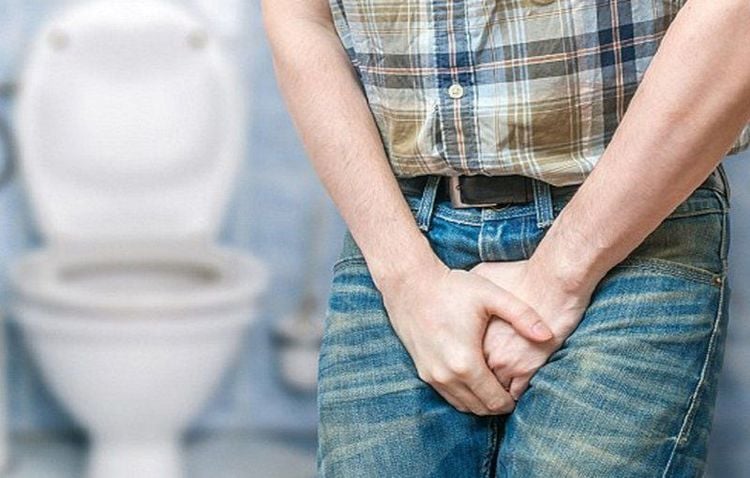
For infants and toddlers, it may be difficult to tell when they have trouble urinating, especially since they can’t communicate this. Pediatricians may ask you to track the number of wet diapers your child has each day. If you count fewer than four wet diapers a day, call your pediatrician. Also, monitor the color of your child’s urine. It should be clear to light yellow. Dark amber or darker urine may indicate dehydration, especially in the summer months.
4. Can you be in danger from holding urine?
The dangers of holding urine are primarily cumulative. Holding urine for six hours on a memorable trip probably won’t cause long-term damage. But if you regularly ignore the urge to urinate, you could face complications. In general, you should go when you feel the urge!
Here are some dangers of holding urine:
- Not emptying your bladder often enough or failing to fully urinate for several days could lead to a urinary tract infection (UTI).
- Habitually holding urine can cause your bladder to shrink. Over time, you may develop incontinence.
- Holding urine for 10 hours or more can lead to urinary retention, where the bladder muscles can no longer relax and allow you to urinate,
even if you want to. - In rare cases, holding urine for too long could cause the bladder to rupture.
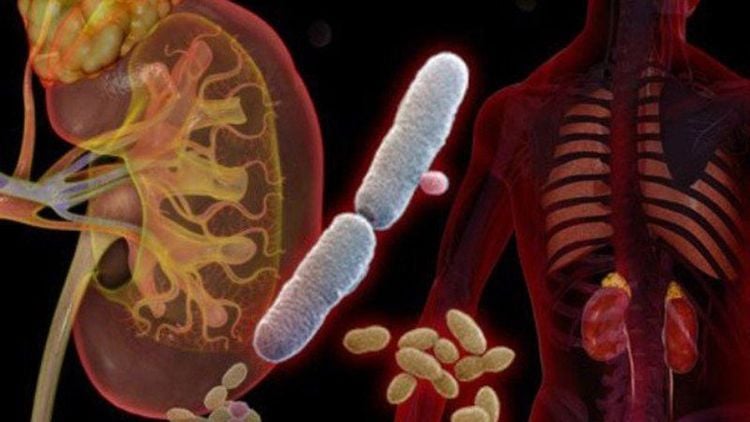
5. Can you die from holding urine?
The chances of dying from holding urine are extremely low. Some doctors may even say it's not possible. In general, your bladder will release urine long before you’re at risk of physical harm.
In rare cases, someone may hold their urine for so long that the bladder becomes overstretched and can no longer contract. This could lead to bladder rupture. If your bladder ruptures, you will need immediate medical attention. A ruptured bladder is a life-threatening condition.
Holding urine for several days exposes your body to harmful bacteria that should have been excreted. This can lead to a urinary infection, which can escalate into complications, including sepsis.
Most people can hold urine occasionally for a few hours without harm. While holding urine may feel like an emergency, it is extremely rare to die from complications of holding urine. As a general rule, empty your bladder whenever you feel the urge. Try to empty it fully each time and avoid rushing.
There are certain conditions that can make urination painful, uncomfortable, or even impossible. If you experience difficulty urinating, you should consult a doctor within one to two days of the onset of symptoms.
Please dial HOTLINE for more information or register for an appointment HERE. Download MyVinmec app to make appointments faster and to manage your bookings easily.
Reference source: healthline.com




